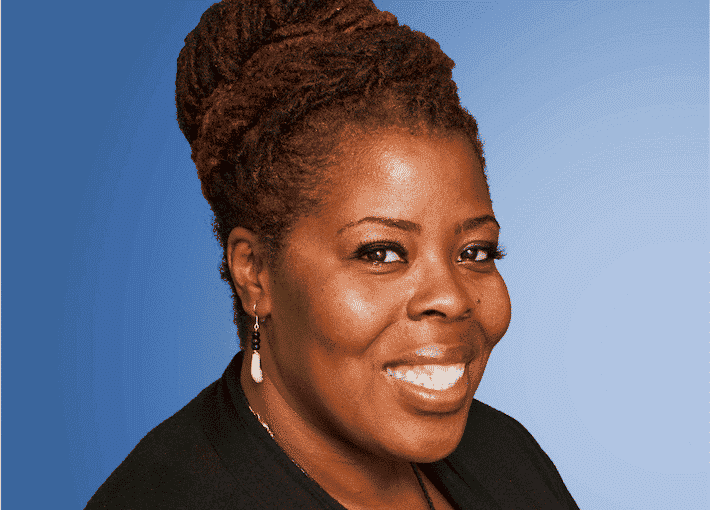For Women to Achieve Equality, We Need Real Paid Leave

We celebrate August 26 as Women’s Equality Day. This date commemorates passage of the Nineteenth Amendment to the Constitution: “the right of citizens to vote ‘shall not be denied or abridged by the United States or by any State on account of sex.” While the Amendment represented a major victory spurred by decades of struggle, the vote in 1920 did not apply to many Black women, Native women and other groups, nor did it usher in full equality for women. Tameka Henry reminds us that one of the continuing barriers to gender equity is lack of paid leave.
By Tameka Henry
I’m happy to see federal elected officials talking about paid leave – it’s long overdue. The majority of families have zero weeks of paid time when they have to take care of themselves or a loved one. But I’m worried that some plans would leave families like mine out in the cold.
I’m a mother of 4 and my husband is disabled. Prior to becoming disabled, he worked at one of the luxury condominiums in town. Once he became ill, they let him go. He couldn’t hold down a lot of food. I was working at an assisted living place at the time, providing care to those with disabilities. We were still trying to find out what was wrong with him. I’d get a call that the kids had to call the paramedics because he was so sick. Each time I’d have to take off without pay, and then I lost that job. It was really tough because I’d become the sole breadwinner.
My husband finally got diagnosed with gastro-pareisis, an offset of diabetes. The nerves to his intestines are damaged. He eventually got disability but it took six years and it’s only $600 a month.
I never made enough to pay for child care. It was always a catch-22. Because you’re working and married, you don’t qualify for certain services. And then when I would have to take off, I couldn’t get paid because it wasn’t me that was sick. I had some paid sick days, but you use those for your kids. Two of my kids have asthma; I have spent a couple nights at the emergency room with them.
I’m working now at a community garden. I love my job. My employer is really flexible and understanding, but she can’t afford to pay me when my husband is sick. if there were a paid leave fund, it would make a huge difference for her and for us. I wouldn’t stress so much about how I’m going to care for my family and pay the bills. And she could make sure I had the time I needed without either of us going into debt.
If these policies had been place, my family would be much better off than we are now. I would have had the chance to have stability and work towards retirement. But those opportunities don’t exist. It’s like starting from scratch every time you start a job. Families like mine would rather work and pay our own way. Unfortunately, when you have a loved one with disabilities, they’re going to get sick and you have to be there. I feel I was doing the best thing I could do for my family at the time.
I witnessed the struggles of the families of people I worked with at the care facility. They’re also just trying to be there for their loved one, and suffering financial hits as a result.
That’s why I fight for paid time. No one should lose everything because they’re caring for a loved one.